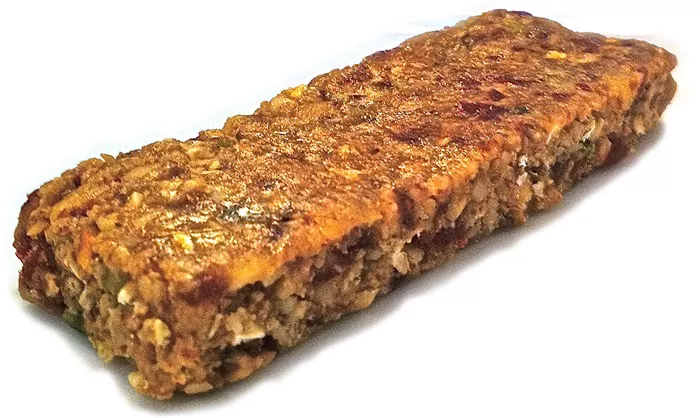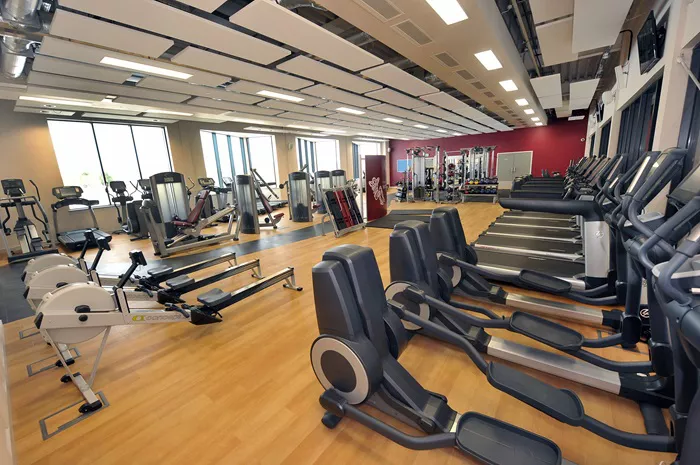Pre-workout nutrition plays a crucial role in fueling your body for exercise, optimizing performance, and supporting muscle growth and recovery. Protein bars have become a popular choice for many individuals looking for a convenient and portable snack to consume before hitting the gym. However, timing is key when it comes to maximizing the benefits of pre-workout protein consumption. In this article, we will explore the optimal timing for eating protein bars before a workout to help you achieve your fitness goals effectively.
Understanding Pre-Workout Nutrition
Before delving into the timing of protein bar consumption, it’s essential to understand the role of pre-workout nutrition in supporting exercise performance and muscle metabolism. The primary goals of pre-workout nutrition include:
Providing Energy: Consuming carbohydrates before a workout can help replenish glycogen stores in the muscles and liver, providing a readily available source of energy for exercise.
Supporting Muscle Growth and Repair: Protein intake before a workout can help stimulate muscle protein synthesis and provide amino acids necessary for muscle repair and growth.
Enhancing Performance: Certain nutrients, such as caffeine and creatine, have been shown to improve exercise performance and increase endurance when consumed before a workout.
Preventing Muscle Breakdown: Consuming protein before a workout can help prevent muscle breakdown during exercise, especially in a fasted state or during intense training sessions.
Benefits of Protein Bars
Protein bars are a convenient and portable option for pre-workout nutrition, offering a combination of protein, carbohydrates, and fats in a convenient package. Some of the benefits of consuming protein bars before a workout include:
Convenience: Protein bars are easy to carry and require no preparation, making them a convenient option for on-the-go individuals who need a quick pre-workout snack.
Macronutrient Balance: Protein bars typically contain a balance of protein, carbohydrates, and fats, providing a well-rounded source of energy for exercise.
Muscle Protein Synthesis: The protein content of protein bars can help stimulate muscle protein synthesis, supporting muscle growth and repair during and after exercise.
Satiety: The combination of protein, carbohydrates, and fats in protein bars can help promote feelings of fullness and satiety, preventing hunger during workouts.
When to Eat Protein Bars Before a Workout
The timing of protein bar consumption before a workout can influence its effectiveness in providing energy and supporting muscle metabolism. Here are some guidelines to consider when deciding when to eat a protein bar before exercise:
Timing: It’s generally recommended to consume a protein bar 30 minutes to 1 hour before a workout to allow for digestion and absorption of nutrients. Eating too close to your workout may cause discomfort or digestive issues, while eating too far in advance may result in suboptimal nutrient availability during exercise.
Individual Tolerance: Pay attention to your body’s response and tolerance to eating a protein bar before a workout. Some individuals may find that they perform better with a longer pre-workout meal window, while others may prefer a shorter timeframe to minimize gastrointestinal discomfort.
Type of Workout: The timing of protein bar consumption may vary depending on the type and intensity of your workout. For shorter, high-intensity workouts, such as weightlifting or interval training, consuming a protein bar closer to the start of your workout may be beneficial. For longer endurance activities, such as running or cycling, eating a protein bar 1 hour before exercise may provide sustained energy throughout the workout.
Personal Preference: Ultimately, the best time to eat a protein bar before a workout depends on your personal preferences, schedule, and individual response to food. Experiment with different timing strategies to determine what works best for you in terms of energy levels, performance, and digestive comfort.
Considerations for Optimal Pre-Workout Nutrition
In addition to timing, several other factors can influence the effectiveness of pre-workout nutrition:
Hydration: Don’t forget to hydrate adequately before your workout by drinking water or electrolyte-rich beverages. Proper hydration is essential for optimal performance and preventing dehydration during exercise.
Balanced Macronutrients: Aim for a balance of carbohydrates, protein, and fats in your pre-workout meal or snack to provide sustained energy and support muscle metabolism. Choose protein bars with a combination of high-quality protein sources, such as whey, casein, or plant-based proteins, along with carbohydrates and healthy fats.
Avoid Excessive Fiber and Fat: Be mindful of consuming protein bars that are high in fiber or fats immediately before a workout, as these nutrients can delay digestion and lead to gastrointestinal discomfort during exercise. Opt for protein bars with moderate fiber and fat content to minimize the risk of digestive issues.
Individual Needs and Goals: Tailor your pre-workout nutrition strategy to meet your specific goals, whether it’s maximizing performance, promoting muscle growth, or supporting weight loss. Experiment with different nutrient timing strategies and food choices to find what works best for your body and fitness objectives.
Conclusion
Protein bars can be a convenient and effective option for pre-workout nutrition, providing a balance of protein, carbohydrates, and fats to fuel your workouts and support muscle metabolism. When it comes to timing, aim to eat a protein bar 30 minutes to 1 hour before exercise to allow for digestion and nutrient absorption. However, individual tolerance, workout intensity, and personal preferences should also be taken into account when determining the optimal timing for consuming protein bars before a workout. By paying attention to your body’s response and experimenting with different timing strategies, you can optimize your pre-workout nutrition to enhance performance, promote muscle growth, and support overall fitness goals.
[inline_related_posts title=”You Might Be Interested In” title_align=”left” style=”list” number=”6″ align=”none” ids=”8712,8660,8653″ by=”categories” orderby=”rand” order=”DESC” hide_thumb=”no” thumb_right=”no” views=”no” date=”yes” grid_columns=”2″ post_type=”” tax=””]
































